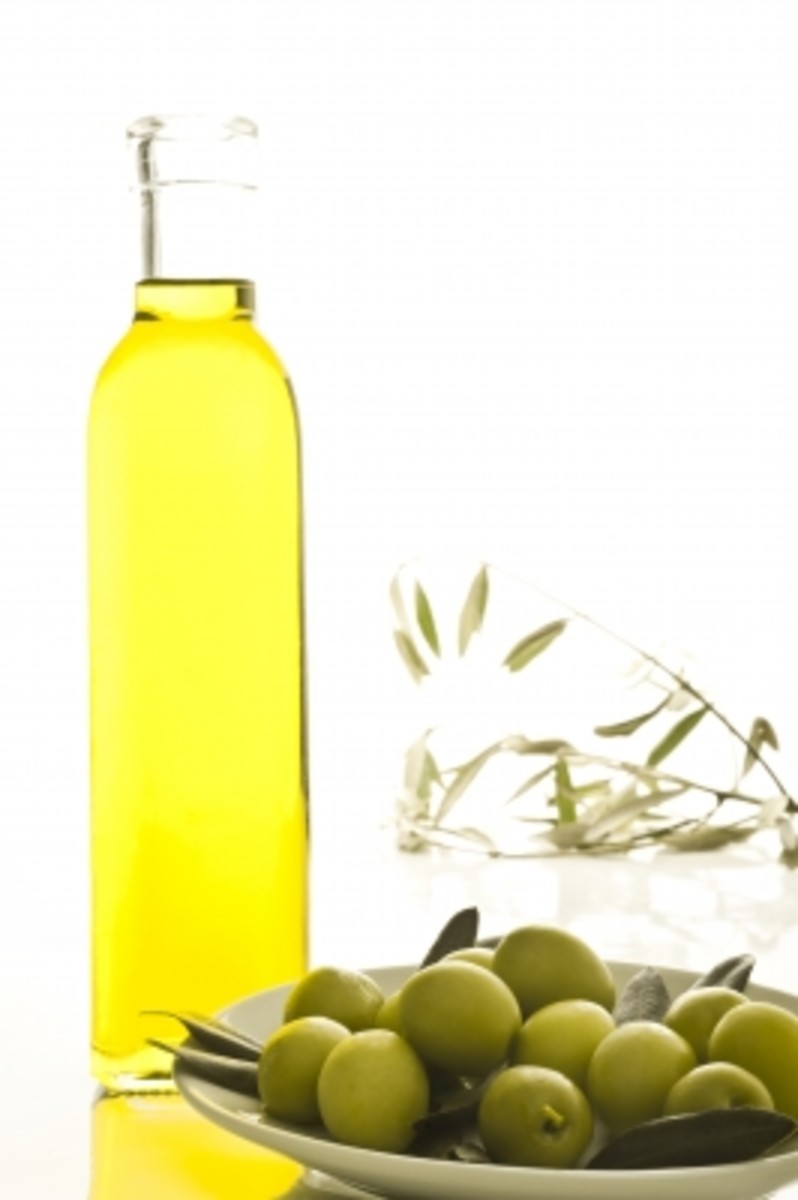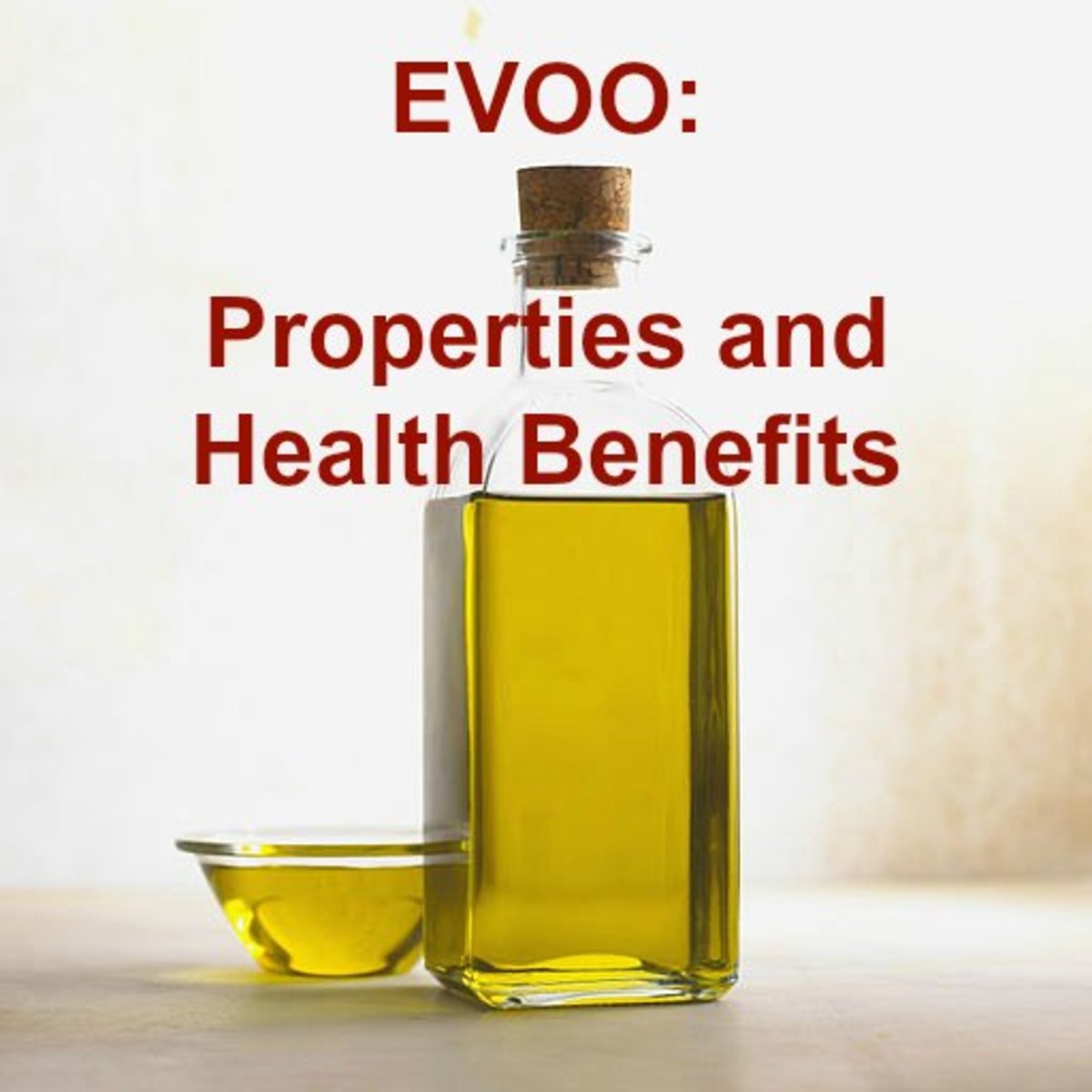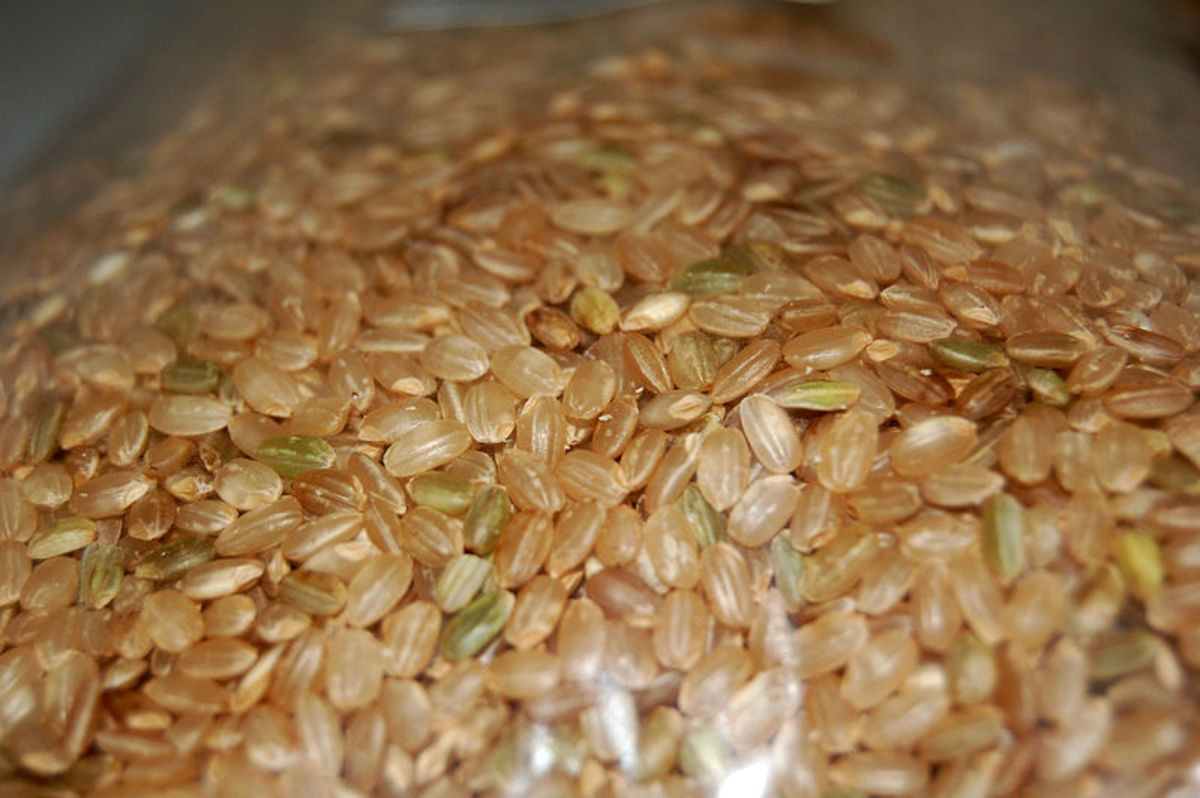Olive Oil Production in Spain
Extra Virgin Olive Oil from Spain

Olive Oil from the Olive Tree
The olive tree (Olea europea) is grown and cultivated in many Mediterranean regions, as well as South Africa, the US and other parts of the world, but a massive 40% of the world’s commercial olive oil production comes from Spain.
The finest olive oil in the world comes from Andalucia in southern Spain. You have to taste it to understand how the experts can talk of extra virgin olive oil being fruity, or nutty, or one the many expressions of wonder used when describing top grade extra virgin olive oil.
A long-lived tree, the olive can withstand horrendous summer heat and harsh winters and is resistant to drought, frosts and ill-treatment, growing back from the roots if the upper trunk and branches are killed off.
This makes it an amazingly hardy and tough tree, so it is not surprising to learn it has been cultivated for at least 6,000 years and has grown for much longer than that.
I live in a major olive oil production area and from my window I can see many olive trees, some of which are hundreds of years old.
Extra Virgin Olive Oil from Amazon
Extra Virgin Olive Oil from Amazon

The Olive Oil Press
My village has an olive press, which the villagers can take their harvested olives to, to be turned into oil. In the autumn when the fruit is mature, nets are laid on the ground around the foot of the trees to catch fallen fruit, and it is common to see people out with ladders to undertake the difficult and time-consuming task of collecting the fruit from the tree by hand.
These olives have to be taken to the oil press within 24 hours of being picked to preserve their flavour as the longer they are left, their acidity rises resulting in poor quality olive oil.
At the press, you can either sell your produce directly to the press owners, or if you are part of the ‘collectivo’, the farmers’ co-operative, you wait and get your share of the profit after the olive oil has been extracted, bottled and sold.
Alternatively, you can hand in your olives and get the equivalent weight in olive oil in return. This olive oil is not necessarily the olive oil from your fruit, but rather what was fresh off the press at the time.
If you wish your own olive oil, you can opt to pay for the privilege for the use of the olive press facilities, but depending on the quantity of olive oil your olives produced, you then have the option of bottling, packaging and selling your own olive oil at great profit to yourself.
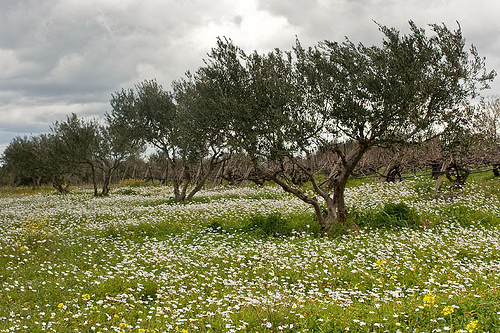
Olive Oil and the Mediterranean Diet
Olive oil is much loved in Mediterranean countries, and it is perhaps this love that has led to the Mediterranean diet being called the healthiest in the world.
The Spanish eat olive oil with everything, literally. They use olive oil instead of butter or margarine on sandwiches and bocadillos.
Meats, pastas, vegetables, poultry and fish are all cooked and served with a liberal dose of olive oil. If olive oil is not present as a condiment on the dinner table, it will quickly be asked for.
Olive oil is even used for deep frying which is an expensive habit. Olive oil does not get as hot as other vegetable oils, but once you get used to the taste you can appreciate the difference and not want to return to the oil you used before.
Olive oil is at the heart of the Mediterranean diet, and as such may well be responsible for the healthy hearts the people of Spain have.
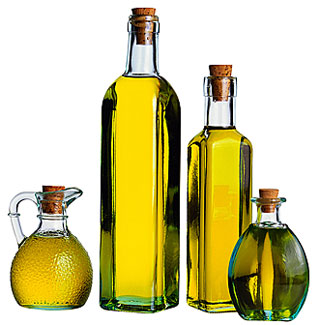
Health Benefits of Olive Oil
Olive oil is good for you. Rich in monounsaturated fat, it contains essential fatty acids that the body cannot make for itself, but needs nonetheless.
Studies have shown that the regular intake of olive oil can prevent heart disease, slow cancer rates and prevent stomach ulcers.
There are also new studies to suggest that regular consumption of olive oil can correct bipolar disorders.
Olive oil is also laden with vitamins A, B1, B2, C, D, E and K which make great antioxidants to fight free radicals within cells of the body.
It also contains iron. Taken as part of a Mediterranean diet, olive oil goes a long way to fulfilling your daily dietary requirements.
Extra Virgin Olive Oil at Amazon
Types of Olive Oil
Olive Oil is divided into 3 types as defined the International Olive Oil Council
Virgin, Extra Virgin and Fine Virgin Olive Oil.
You will see it labelled as such in the shops so you will know what you are buying.
- Extra Virgin Olive Oil is the highest quality you can buy and is completely free of all additives and chemicals. It is DEFINED by having an acidity of under 1% and a high quality organic flavour, as defined by an International Tasting Panel set up to regulate such things. From a score of 1 to 10, olive oils must not only have the low acidity, they must achieve a taste test of at least 6.5 to pass as extra virgin.
Top extra virgin olive oil is very expensive, but also delicious raw on salads or other foods where you can taste the oil.
- Virgin olive oil has a taste rating of 3.5 (they call this taste rating an organoleptic test) and an acidity level of up to 3.3%. Virgin olive oil is recommended for frying, since the flavour of extra-virgin olive oil tends to break down at frying temperature.
- Fine virgin olive oil is the middle between the two above with a taste rating of 5.5 and acidity of maximum 1.5%. It can be used for frying or fresh over foods, and is slightly less expensive than extra-virgin olive oil.
All olive oils are expensive, especially when compared to cheap vegetable or sunflower oils, but the health benefits derived from using them are second to none, and it is definitely worth switching your family over to using olive oils for all your cooking needs. What price health?
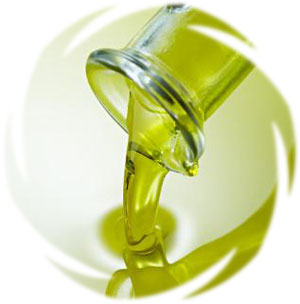
Storage of Olive Oil
Olive oils crystallise easily, depending on temperature, but this does not harm the oil one little bit.
Although olive oil can be kept in a refrigerator, at temperatures below 16⁰ C (59⁰ F) it tends to crystallise, although leaving at normal room temperature for half an hour before use will see it return to normal.
While it can be frozen, this is not advisable as it expands 2 – 4% which when frozen or refrigerated could break its container.
Optimum storage temperatures are between 18⁰ C – 20⁰ C (64⁰ F – 68⁰ F) and out of direct sunlight. Temperatures above this can biodegrade your olive oil, unless it is in a sealed container with no air access.




